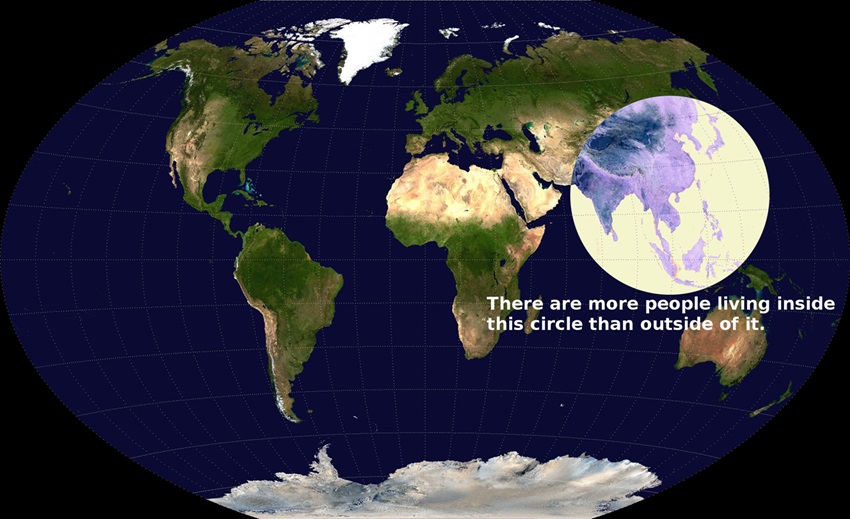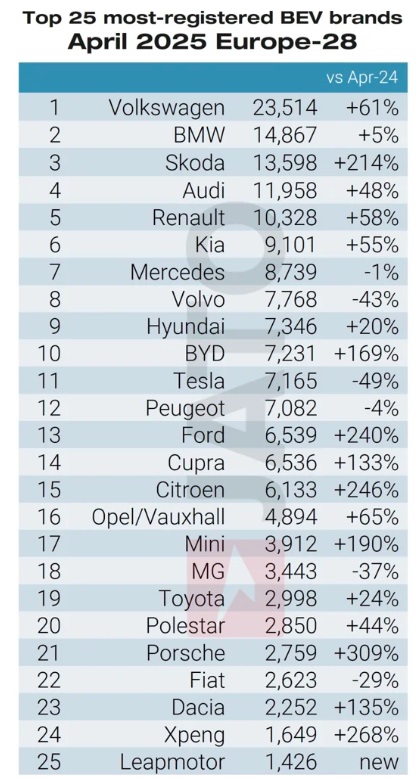We expect to win a Pulitzer this year. Not for anything we wrote but for the photo below. We were at the gym the other day about to get on a stationary bike when we saw the cigarette butt on the floor next to the bike. Nobody respects the guy smoking a cigarette and dropping the butt at the base of the stationary bike more than we do. And being able to take a photograph in front of the stationary bike company’s logo, Life Cyle? Priceless. Now you may be wondering how this butt ended up on the floor next to the stationary bike. Was someone really smoking a cigarette while cycling?
You may remember a few years ago we saw a guy get on his bicycle on the Interurban Trail, light a cigarette and take off down the path, as smoke snaked around him. We had nothing but respect for that guy too. But we guess this cigarette-cycling did not take place during gym hours. We imagine it took place after hours, perhaps a gym worker smoking ‘em while he had ‘em, or maybe the cleaning person inhaling smoke to make cleaning the bathrooms more palatable and absent-mindedly dropping the butt, forgetting where they were. Don’t misunderstand us, we would have been thrilled to stumble upon a fellow gym goer, pedaling furiously while inhaling tar and nicotine into his lungs (for some reason we are sure the culprit is a guy not a woman). We undoubtedly would not have used the bike next to him but we would have smiled, doffed our hat in tribute and wandered down the line to the ellipticals, treadmills or some other exercise machine.
We huff and puff at recent developments in Asia, all affected by U.S. policy*, including Vietnam tariff tactics, new economic summits and China car sales. It’s this week’s International Need to Know, the Marlboro Man of international information, the Red Apple brand of global data.
*U.S. tariff policy. already erratic, took another twist yesterday when a U.S. court ruled Trump tariffs imposed under the International Emergency Economic Powers Act (IEEPA) are illegal. This makes sense since there is no emergency. But likely the Trump administration will find other ways to impose tariffs, using other U.S. laws. Buy any company trade compliance staff you know a drink–they’re the busiest, most harried staff around.
Without further ado, here’s what you need to know.
Vietnam’s Trump Tariff Tactics
We have heard about and seen corruption more than a few times in two decades of traveling to and working in and with Vietnam. It’s par for the course for a developing country to have such issues as it moves up the economic development ladder. Speaking of par, what used to be unusual—nay, unheard of—was for the President of the United States to be involved in such corruption. But the New York Times reports in an article about the Trump golf course development in Vietnam, “To fast-track the Trump development, Vietnam has ignored its own laws, legal experts said.” We noted in passing last month the Trump golf development, but the Times article adds new details, “the project required special support from the top ranks of the Vietnamese government because it was ‘receiving special attention from the Trump administration and President Donald Trump personally.’” Vietnam’s government was compelled to engage in this particular corruption because of the 46 percent tariffs Trump placed on them that were then paused to allow for negotiations. Yesterday the tariffs were struck down by a U.S. court. But likely the Trump administration will try to reimpose tariffs using other trade laws. We don’t doubt that Trump cares about the U.S. trade deficit with Vietnam. Two of the three issues Trump has cared about for decades are trade deficits and immigration. The third issue he cares about? Far more than those two issues? The one ring to bind them all? Oh that’s easy, himself–enriching himself at all costs, including tariff policy with Vietnam.
As The World Turns
The world continues to adjust to the United States’ radical international policies. One example among many is the summit earlier this week of ASEAN (an association of Southeast Asian countries), the GCC (an association of six Persian Gulf countries) and China (an association of the CCP). ASEAN and the GCC have held this summit since 2023 but this year invited China to join. And it’s no surprise why: they are reacting to the tariff policies of the Trump administration, as well as Trump helping to transform the world into a 19th Century transactional one. ASEAN countries were among the hardest hit by Trump’s tariffs, with the rate on Vietnam levied at 46 percent, though all were paused for 90 days at 10 percent (and now ruled illegal). Malaysia currently holds ASEAN’s rotating chairmanship, and its Prime Minister Anwar Ibrahim said at the Summit, “I am confident that ASEAN, the GCC, and China can draw upon our unique attributes and shape a future that is more connected, more resilient, and more prosperous.” We are not as confident that these new economic alliances will hold. The U.S. is a wholly unreliable partner and ASEAN countries already trade a lot with China. But China continues to want to export and not import, and it continues to be aggressive in the South China Sea. Expect tension across the board. But that’s the new 19th Century for you—more volatile and dangerous. Hope all of those who hated the old international rules-based order enjoy this new world.
China Corner: Car Talk
We’ve been charting the rise of the China auto industry over the last few years. It has reached a new milestone. China’s BYD is now in the top 10 Battery Electric Vehicles (BEV) sold into Europe, surpassing Tesla. Remember last week we noted that electric cars now account for 25 percent of new car sales in Europe. Jato, the auto market analysis firm, reports that “Despite the imposition of tariffs by the EU, registrations of electric cars made by Chinese automakers in April rose by 59% year on year, reaching almost 15,300 units. Within this segment, carmakers from Europe, Japan, Korea and the US recorded an increase of 26%.” Chinese electric vehicles are the best quality in the world and are sold at a lower price than other companies’ cars. But will Europe increase tariffs on Chinese vehicles? Will they risk German automakers disintegration? We will not be surprised if Europe institutes even higher tariffs on Chinese autos. The smart move would be for the E.U. and U.S. to collaborate on China trade policy. But smartness is in short supply in U.S.-E.U. trade policy.





